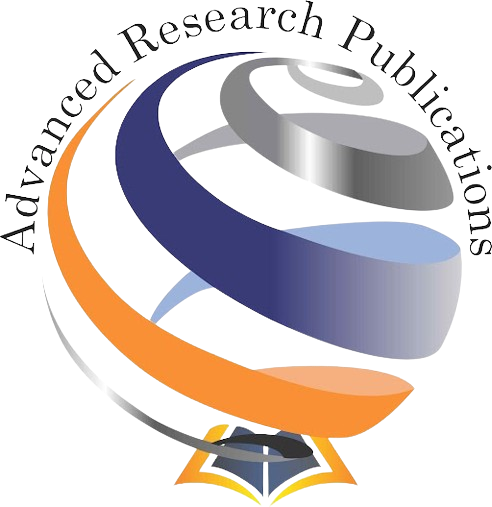Work-life balance is crucial for individuals to manage their professional responsibilities alongside personal commitments. This paper explores the concept of work-life balance, tracing its historical development and presenting various theories explaining its dynamics. The discussion encompasses theories such as Border Theory, Boundary Theory, Segmentation Theory, Spill-Over Theory, Compensation Theory, and Instrumental Theory, shedding light on how individuals navigate their roles in work and family domains. Additionally, factors influencing work-life balance, particularly on women employees, are examined, including Quality of Work Life (QWL), Emotional Intelligence Quotient (EIQ), job satisfaction, family issues, demographic factors, workload, and stress. Moreover, the paper addresses the impact of the COVID-19 pandemic on working women’s ability to manage work-life balance, emphasizing the disproportionate burden women face, especially women of color, and suggesting actions for employers to support women’s well-being and advancement in the workplace. Overall, the paper underscores the importance of recognizing and addressing the challenges in achieving work-life balance to foster individual well-being and organizational productivity.

